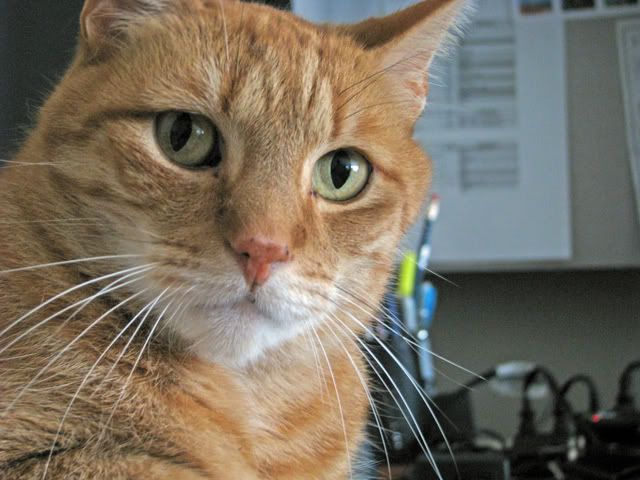
This week I am going to be touching on some common pet behavior problems. I’ve been reading a lot of questions about toileting issues lately and am appalled at the advice people give to those seeking help.
Here is just one example of such bad advice:
Just shove the cats nose into its doodoo and throuw it out, they normaly get the message pretty quick.
Now the misspellings aside, I just wonder how many people will take that advice and torment their cat or kitten.
This type of information is the crap (no pun intended) that keeps perpetuating archaic and abusive animal training techniques.
My students are told that this type of activity is about the same as taking a soiled baby diaper and then taking a toddler’s face and pushing it into the diaper as an effort to potty train the toddler.
Would you do that?
I certainly hope not. So why do people think this type of activity is okay to do with an animal?
It is NOT okay.
When animals have potty training problems there is usually a reason. In some cases it can stem from age limitations or lack of proper environmental conditions.
Young animals can only hold their bowels and bladder for short amounts of time and they learn to toilet in the environment they are brought up in.
However, when a litter trained cat is missing the box suddenly–it is a message. The message is that something is wrong.
Get the animal to the veterinarian for testing immediately. Unusual changes in behavior are clues to illness or medical complications.
Coming from the the wild animal field I learned that the behavioral clues are so subtle that if we didn’t notice changes it could cost the animal its life.
Yet the average pet owner misses the fact that behavior problems are not normal.
Yes, there are other reasons cats and kittens will lose their litterbox training and I’ll talk more about this in subsequent posts but my advice is to start with a veterinary wellness exam.
If finances are a concern, most clinics offer discounted services if you ask about them. Also, you can arrange to make payments. An early check up can save an animal’s life.
Finally, if the veterinarian doesn’t find a veterinary medical reason for the issue–seek the right help from the right sources–animal behaviorists work with these types of problem.
Where do you get your advice on animal behavior problems such as litter box avoidance and pet potty training?

